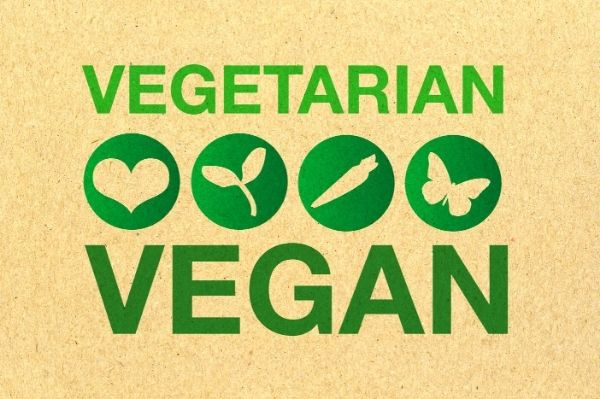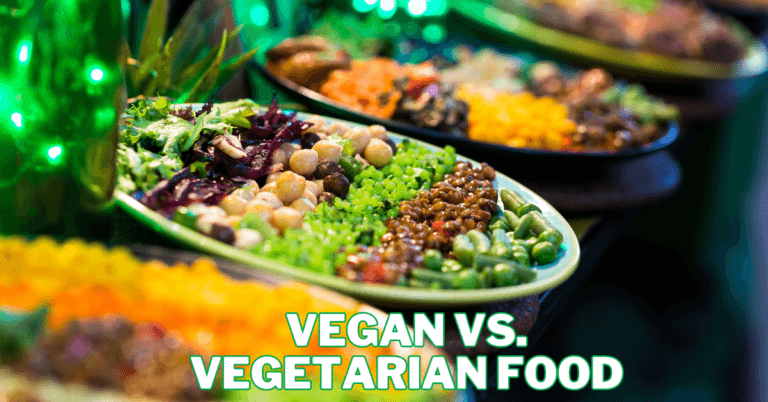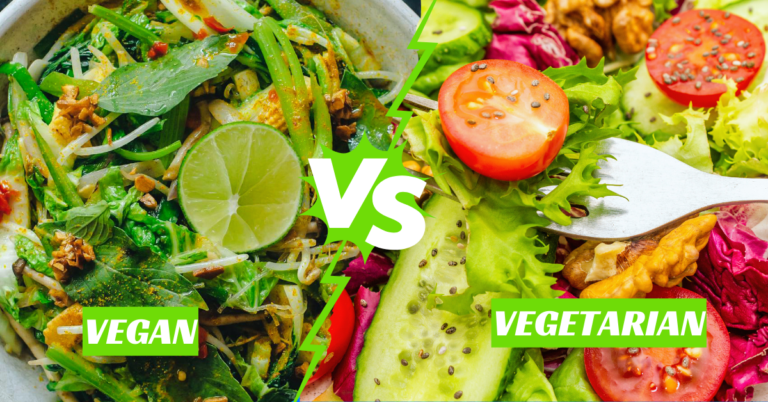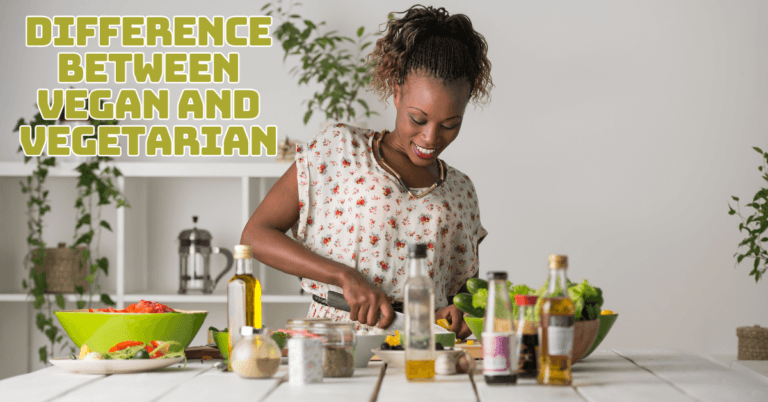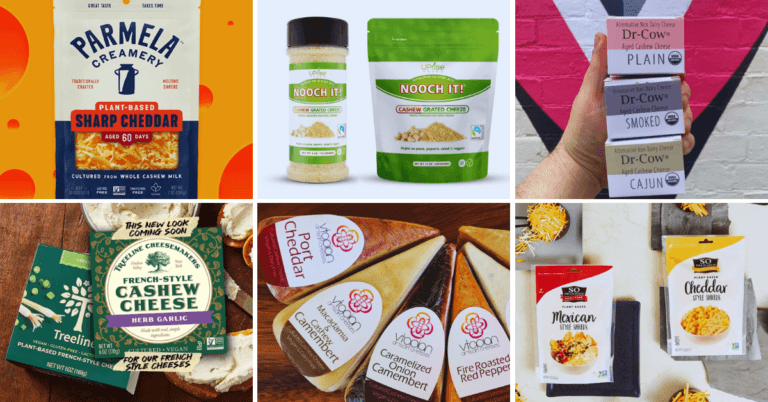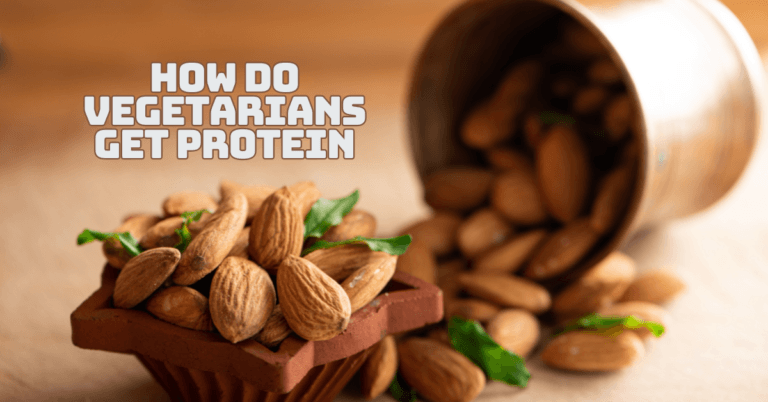Vegetarians And Vitamin B12 Deficiency
Vegetarians And Vitamin B12 Deficiency
Vegetarians and vitamin B12 deficiency are topics of significant concern and interest among those who follow a plant-based diet.
Vitamin B12, an essential nutrient primarily found in animal products, is crucial for various bodily functions, including red blood cell formation and neurological health.
This blog will explore vitamin B12 deficiency in vegetarians, including its causes, symptoms, prevention, and management through dietary choices and supplementation.
Understanding the unique challenges vegetarians face regarding vitamin B12 can empower individuals to make informed decisions about their health and well-being.
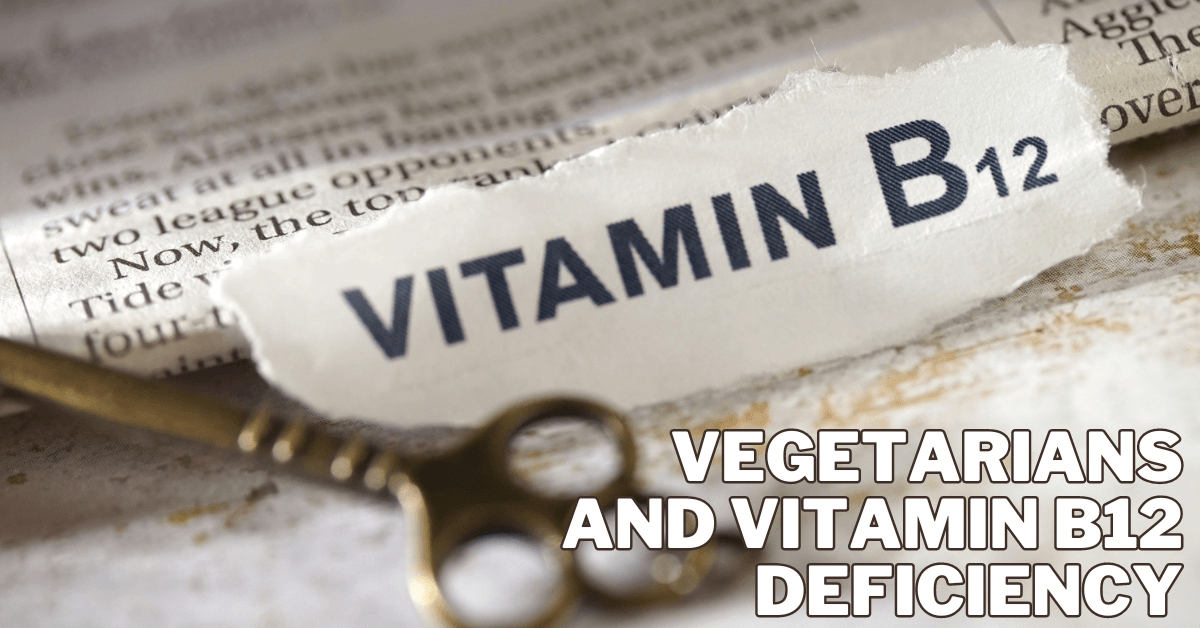
B12 Deficiency Symptoms
A deficit in vitamin B12 can cause a range of symptoms, from moderate to severe, depending on the severity of the insufficiency and personal health variables. Typical symptoms include the following:

1. Brain Fog And Mental Fog
Brain fog, a common symptom of Vitamin B12 deficiency, envelops the mind in a haze, hindering clarity and focus.
Thoughts become obscured, tangled in a mist that blurs concentration and memory recall. Simple tasks become arduous as the fog obscures mental pathways, impeding productivity and cognitive function.
This cognitive fog can linger persistently, impacting daily life and diminishing overall well-being.
Clearing this mental haze requires addressing the underlying B12 deficiency through proper supplementation and dietary adjustments.
By replenishing B12 levels, individuals can lift the fog, restoring mental clarity and reclaiming optimal cognitive function.
2. Zombie-Like Exhaustion
Addressing severe Vitamin B12 deficiency, even in cases of zombie-like exhaustion, requires identifying plant-based sources of Vitamin B12 in vegetarian diets and incorporating them alongside supplementation and dietary adjustments to restore energy levels and vitality.
This profound weariness penetrates to the core, rendering even basic tasks monumental. It's a bone-deep fatigue, akin to being drained of vitality, where every movement feels sluggish and laborious.
Unlike fleeting tiredness, this exhaustion persists relentlessly, engulfing daily life in a fog of lethargy.
Simple actions become Herculean feats as the body struggles against fatigue. Reversing this zombie-like state necessitates addressing the underlying B12 deficiency through supplementation and dietary adjustments, restoring energy levels and revitalizing vitality.
3. Fatigue And Weakness
A lack of vitamin B12 impairs the formation of red blood cells necessary to transfer oxygen. Insufficient B12 leads to anemia, where tissues starved of oxygen trigger relentless fatigue and weakness.
Despite adequate rest, this exhaustion persists, impairing daily activities. Oxygen deprivation compromises cellular function, leaving organs and tissues struggling for vitality.
Each movement becomes laborious, a testament to the body's diminished capacity. Resolving B12 deficiency restores red blood cell synthesis, rejuvenating energy levels and banishing weakness.
By replenishing B12 stores through supplementation and dietary adjustments, individuals can reclaim vigour and vitality, breaking free from the shackles of fatigue.
4. Glossitis And Mouth Ulcers
Addressing glossitis and mouth ulcers caused by inadequate Vitamin B12 levels involves identifying plant-based sources of Vitamin B12 in vegetarian diets and incorporating them alongside treatment to promote oral tissue regeneration and restore comfort in eating and swallowing.
Concurrently, mouth ulcers may emerge, stemming from compromised oral tissue integrity. These manifestations disrupt eating and swallowing, causing discomfort and pain.
Glossitis alters taste perception, distorting flavours and hindering the enjoyment of food. The tongue's enlarged, inflamed state exacerbates discomfort, aggravating the act of swallowing.
Mouth ulcers add distress, intensifying pain and discomfort with each mouth movement. Rectifying B12 deficiency is paramount, as it promotes oral tissue regeneration, alleviates glossitis and mouth ulcers, and restores comfort and ease of eating and swallowing.
5. Vision Changes
Vitamin B12 deficiency can disrupt vision, manifesting as blurred vision, double vision, or shadows encroaching on the visual field's periphery.
These disturbances stem from nerve damage or altered neurotransmitter balance, impairing the transmission of visual signals to the brain.
Vision changes hinder daily activities, compromising tasks requiring visual acuity, such as reading or driving.
The impact extends beyond physical discomfort, affecting quality of life and independence. B12 insufficiency must be identified and treated immediately to prevent visual problems, maintain ocular health, and guarantee the best possible functioning and well-being.

6. Emotional Instability
B12 deficiency's neurological impact extends to emotional stability, inducing mood swings, anxiety, and irritability.
Disrupted neurotransmitter balance impairs mood regulation, precipitating unpredictable emotional states.
Individuals may oscillate between euphoria and despair, their emotional landscape volatile and unpredictable.
Anxiety and irritability become constant companions, overshadowing daily interactions and diminishing overall well-being.
Mental health is profoundly affected, affecting relationships and quality of life. Addressing B12 deficiency through supplementation and dietary adjustments is paramount to restoring neurotransmitter balance, fostering emotional resilience, and promoting mental well-being.
Early intervention can mitigate emotional instability, allowing individuals to reclaim emotional equilibrium and regain control over their lives.
7. Weakness And Muscle Pain
Addressing weakness and muscle pain caused by B12 deficiency involves identifying plant-based sources of vitamin B12 in vegetarian diets and incorporating them alongside supplementation and dietary adjustments to restore muscle function and enhance overall physical well-being.
Diminished oxygen supply to muscle tissues impairs energy metabolism, culminating in fatigue and discomfort.
This compromise in muscle performance hinders physical activity, making even routine tasks arduous.
Individuals experience diminished strength and endurance, which impacts their ability to engage in daily activities and erodes their quality of life.
Muscle pain becomes a constant companion, further impeding mobility and exacerbating discomfort.
Addressing B12 deficiency through supplementation and dietary adjustments is crucial to restoring muscle function, alleviating weakness and pain, and enhancing overall physical well-being, fostering a return to an active and fulfilling lifestyle.
8. Digestive Issues
Vitamin B12 absorption hinges on intrinsic factor assistance in the small intestine. Deficiency precipitates gastrointestinal woes, including bloating, abdominal discomfort, and altered bowel habits.
Damage to the stomach lining may further hinder nutrient absorption, exacerbating malnutrition and its consequences.
These digestive disturbances disrupt daily life, causing discomfort and distress. Individuals may experience irregularity or discomfort after meals, hindering nutritional intake and exacerbating deficiency-related symptoms.
Addressing B12 deficiency is crucial to alleviating digestive issues, restoring nutrient absorption, and promoting gastrointestinal health.
Supplementation and dietary adjustments are pivotal in mitigating symptoms, fostering gastrointestinal comfort, and supporting overall well-being.
9. Pale Or Jaundiced Skin
Recognizing pale or jaundiced skin as a potential sign of B12 deficiency underscores the importance of identifying plant-based sources of Vitamin B12 in vegetarian diets, aiding early intervention to prevent further complications and promote optimal health and well-being.
Reduced red blood cell count leads to pale or jaundiced (yellowish) skin. Jaundice ensues from bilirubin release during red blood cell breakdown, imparting a yellow hue to the skin.
The diminished oxygen-carrying capacity further contributes to pallor. Pale or yellowish skin becomes apparent, reflecting compromised red blood cell synthesis and impaired oxygen transport.
Jaundice's distinct yellow tint underscores liver function impairment, necessitating prompt medical attention.
Recognition of pale or jaundiced skin as a potential sign of B12 deficiency is crucial for early intervention, preventing further complications and promoting optimal health and well-being.
Vitamin B12 deficiency presents a diverse array of symptoms, ranging from fatigue and weakness to cognitive impairment and emotional instability.
Early recognition and intervention prevent long-term complications and improve overall health and well-being.
Through supplementation and dietary adjustments, individuals can address B12 deficiency, reclaiming vitality and restoring optimal functioning.
Sources Of Vitamin B12 For Vegetarians
Vegetarians can obtain Vitamin B12 from fortified foods such as fortified plant-based milk (soy, almond, or oat), fortified breakfast cereals, fortified nutritional yeast, and fortified meat substitutes like veggie burgers or tofu.
However, for vegetarians, particularly those following a strict vegan diet, relying solely on fortified foods and considering B12 supplements is advisable to ensure adequate intake and prevent deficiency. Here is the list of vitamin B12 in vegetarians:
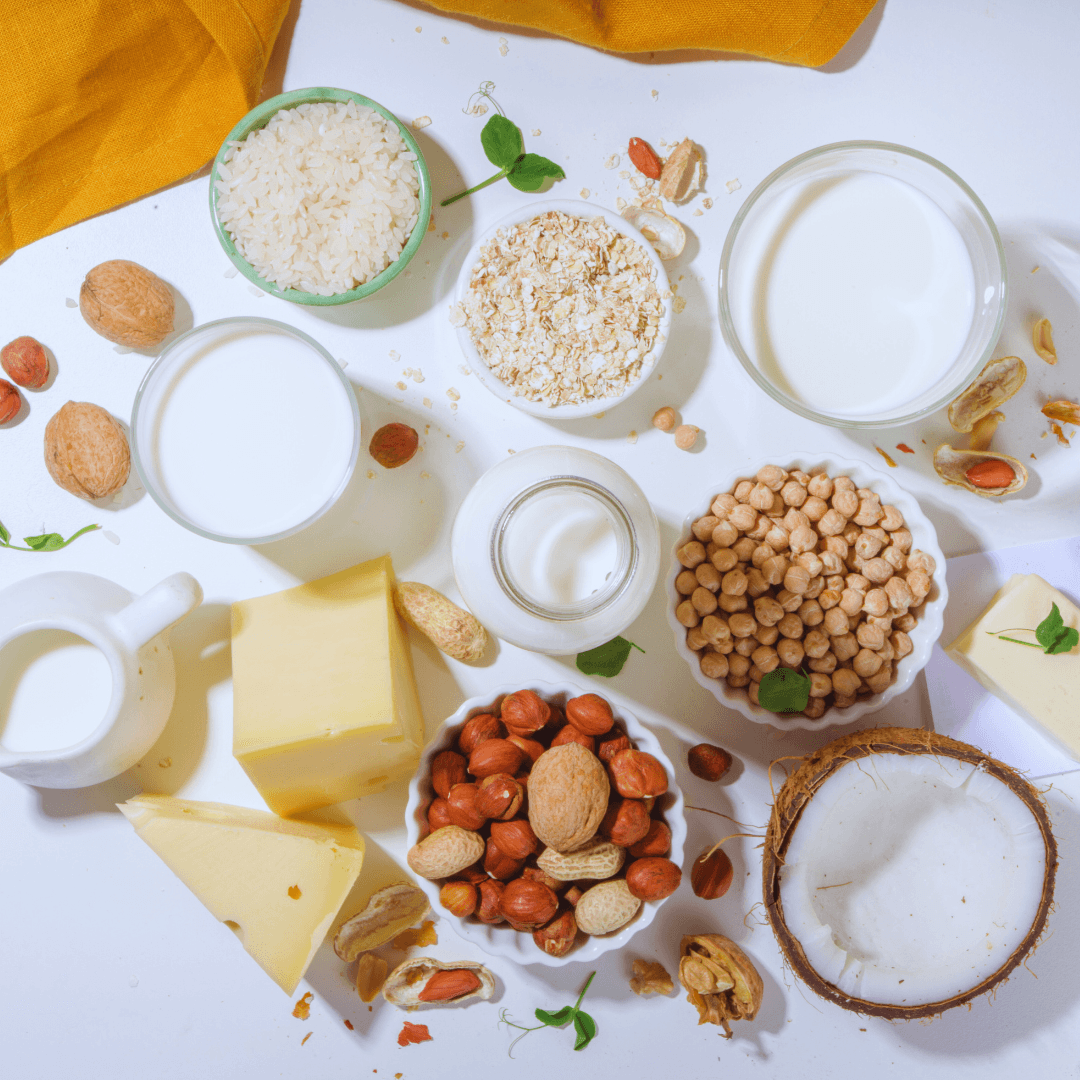
1. Fortified Plant-Based Milk
Fortified plant-based milk, including varieties like soy, almond, or oat milk, is a valuable source of Vitamin B12 for vegetarians.
Many brands recognize the importance of B12 fortification and include it in their products.
Consumers should look for labels explicitly mentioning Vitamin B12 fortification when selecting plant-based milk. This ensures that the product contains added B12, enhancing its nutritional value.
Additionally, it's crucial to check the nutritional label to verify the amount of B12 present per serving.
Adequate B12 content is essential to meet dietary needs and prevent deficiency. By incorporating fortified plant-based milk into their diets, vegetarians can easily boost their B12 intake while enjoying the benefits of dairy-free alternatives.
Whether used in beverages, cereals, or cooking, fortified plant-based milk offers a convenient and accessible way to maintain optimal B12 levels and support overall health and well-being.
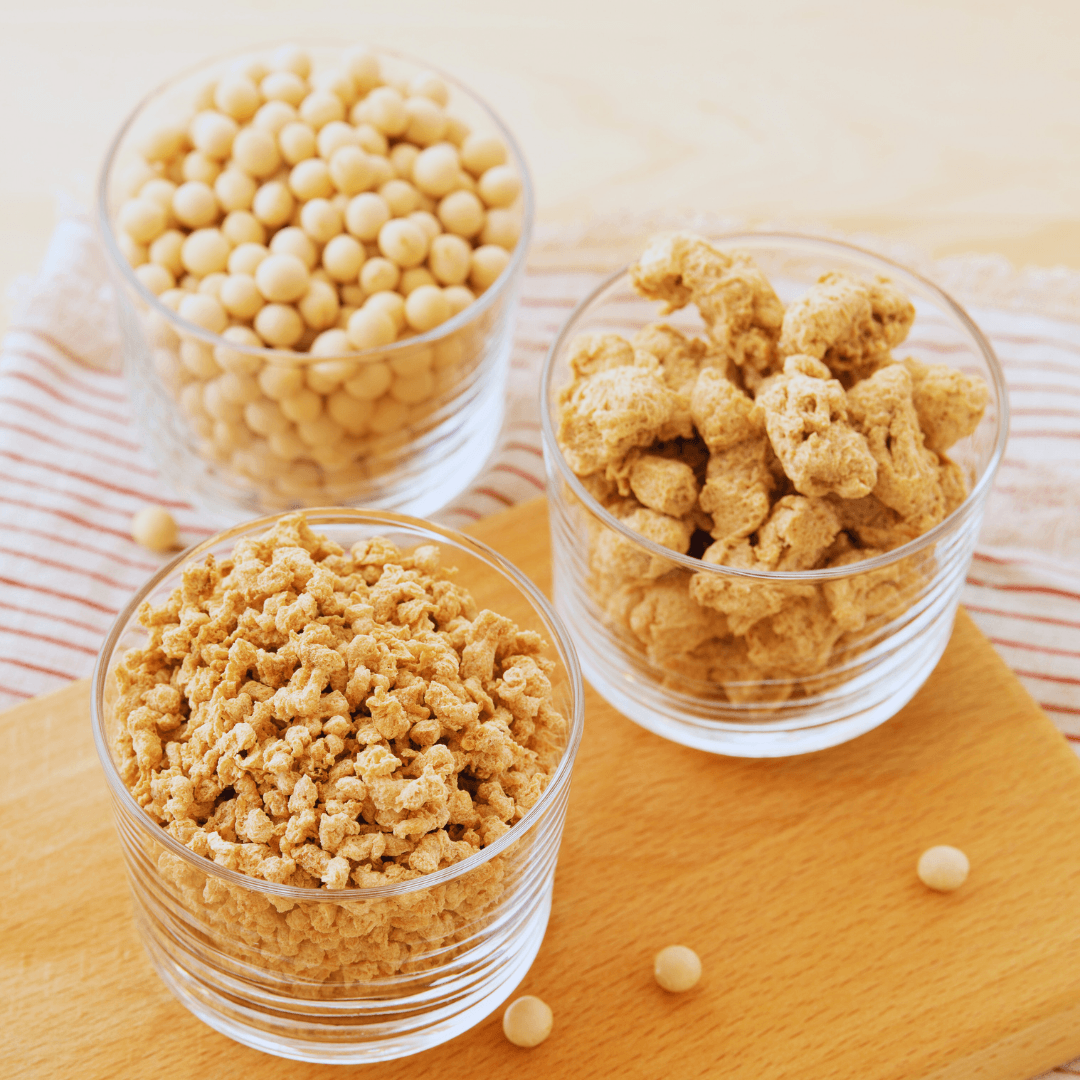
2. Fortified Meat Substitutes
Fortified meat substitutes serve as valuable sources of Vitamin B12 in vegetarian diets. They offer alternative protein options while addressing nutritional needs through fortification and careful selection of products.
Many manufacturers recognize the importance of B12 fortification in plant-based products and include it in their formulations.
When selecting meat substitutes, consumers should carefully check the packaging for information regarding B12 fortification.
Look for labels mentioning added Vitamin B12 to ensure the product meets your dietary needs.
Incorporating fortified meat substitutes into meals offers an easy way to boost B12 intake while enjoying the benefits of plant-based proteins.
Whether used as burger patties, stir-fry ingredients, or protein sources in various dishes, fortified meat substitutes provide essential nutrients and contribute to overall dietary balance.
Vegetarians can confidently meet their B12 requirements and maintain optimal health and well-being without compromising taste or nutritional quality by including these fortified options.
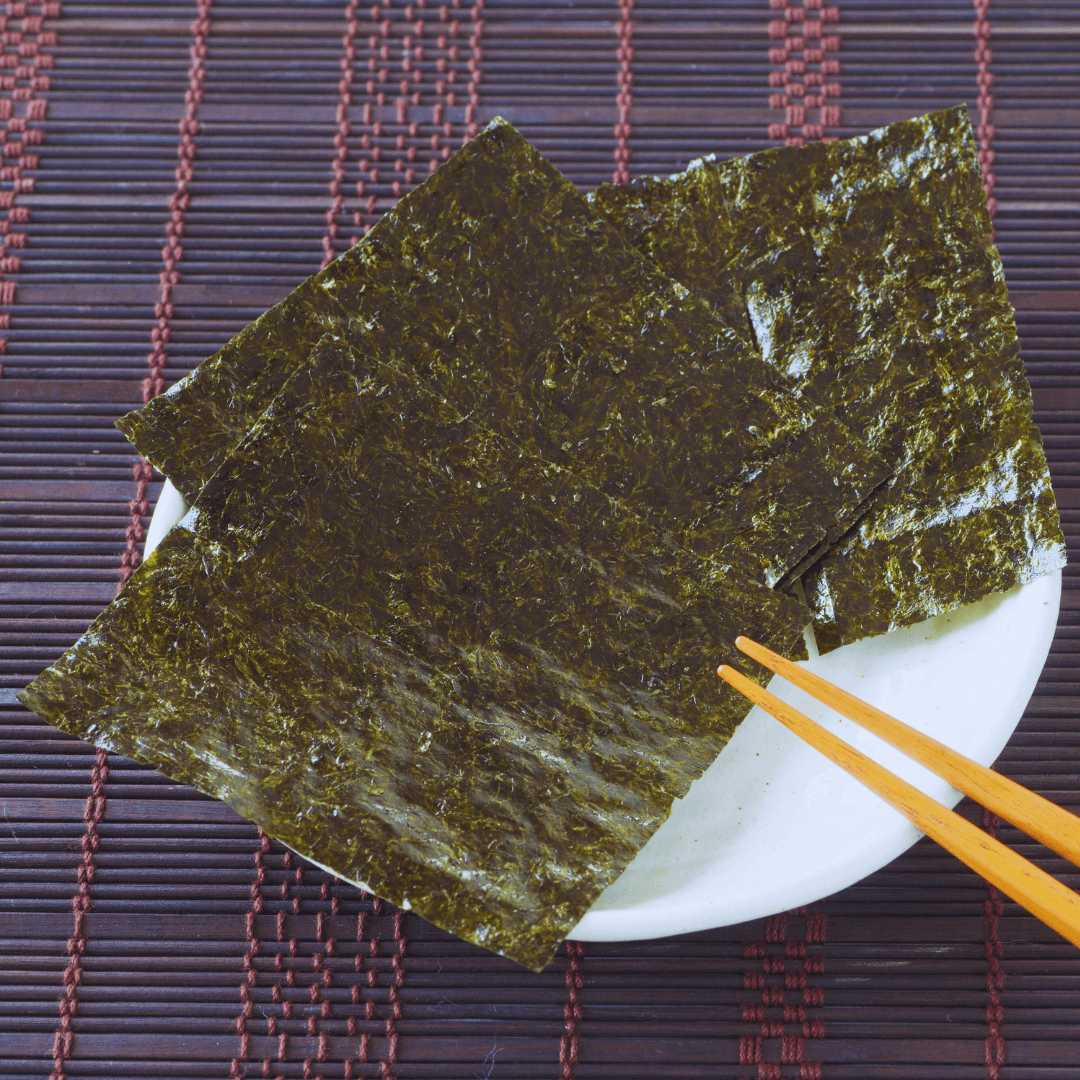
3. Nori Seaweed
Incorporating nori seaweed into your diet can be a valuable source of Vitamin B12 in vegetarian or vegan diets, providing a distinct flavour and texture while contributing to overall nutrient intake.
While not considered a primary source of B12, incorporating nori into your diet can contribute to your overall intake of this essential nutrient.
Nori seaweed is a useful supplement for vegetarians or vegans because it has a distinct flavour, texture, and somewhat higher B12 level.
Whether used in salads, soups, or sushi rolls, nori offers a simple and adaptable approach to adding B12 to food.
However, variables like growth circumstances and processing techniques can affect how much B12 is present in nori.
As such, while nori can complement other sources of B12 in a balanced diet, it should not be relied upon as the sole means of meeting B12 requirements.

4. Tempeh
Tempeh, a fermented soy product from Indonesia, offers some Vitamin B12, although the levels vary.
While not considered a primary source of B12, including tempeh in your diet provides additional nutrients alongside its rich protein and fiber content.
Fermentation improves tempeh's nutritional profile, making it a beneficial addition to vegetarian and vegan diets.
Incorporating tempeh into meals offers a versatile way to boost B12 intake while enjoying its unique flavour and texture.
Whether grilled, stir-fried, or crumbled into dishes like salads or tacos, tempeh adds depth and nutrition to various recipes.
However, it's important to note that more than the B12 content in tempeh may be required to meet daily requirements independently.
Therefore, while tempeh contributes to overall B12 intake, it should be part of a well-rounded diet that includes other sources of this essential nutrient to ensure optimal health and well-being.
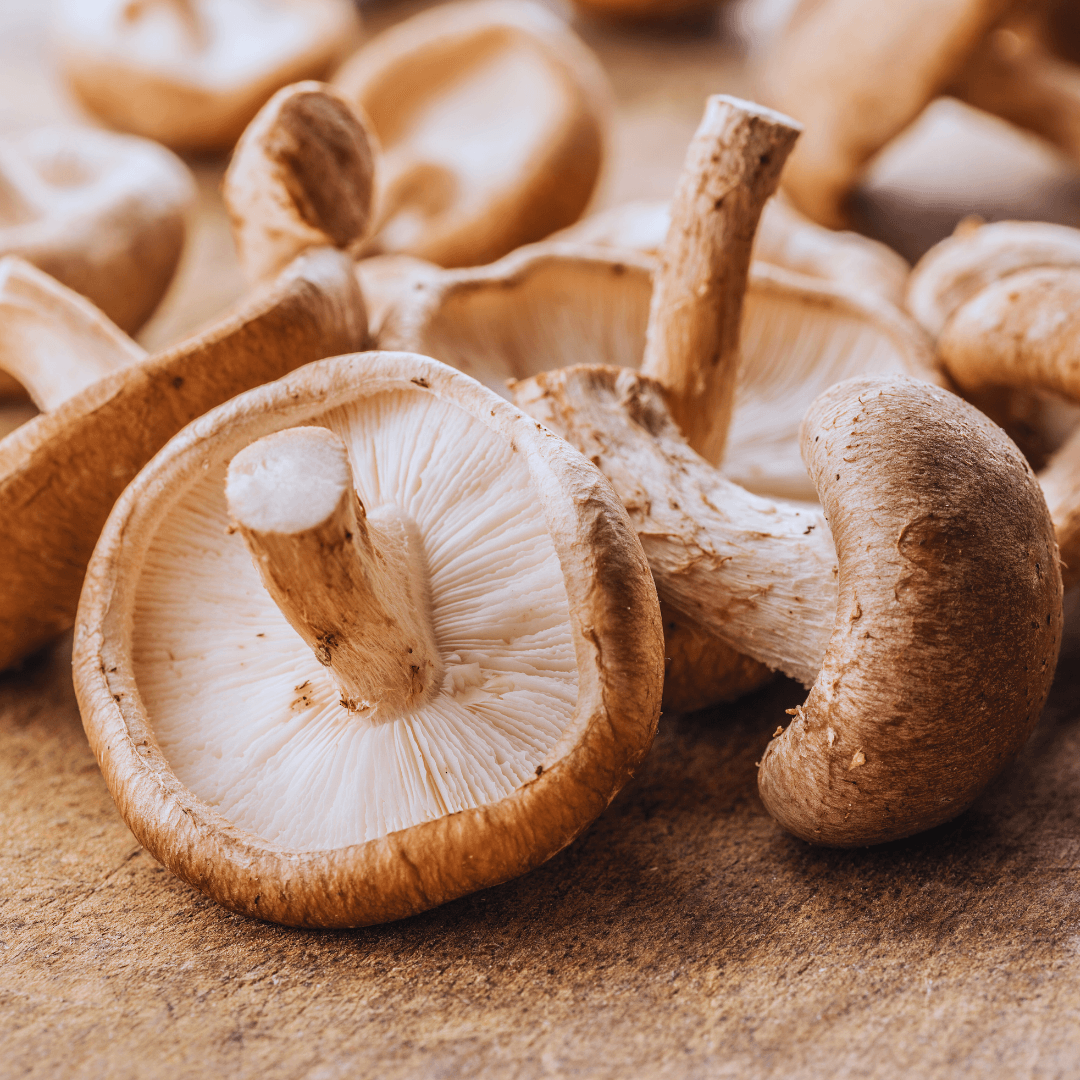
5. Shiitake Mushrooms
Including shiitake mushrooms in your meals can contribute to your overall intake of Vitamin B12 in vegetarian diets, adding flavour and potential health benefits to your culinary repertoire.
Even though shiitake mushrooms aren't considered a major source of B12, including them in your meals may still increase your overall intake of this vital nutrient.
Alongside their culinary appeal, shiitake mushrooms offer various health benefits, including immune support and potential cholesterol-lowering effects.
Whether sautéed, grilled, or added to soups and stir-fries, shiitake mushrooms are versatile and flavourful to vegetarian and vegan dishes.
However, it's essential to note that more than the B12 content in shiitake mushrooms may be required to meet daily requirements independently.
Therefore, while enjoying shiitake mushrooms as part of a balanced diet can enhance B12 intake, it's advisable to incorporate other reliable sources of Vitamin B12 to ensure adequate nutrition and overall well-being.
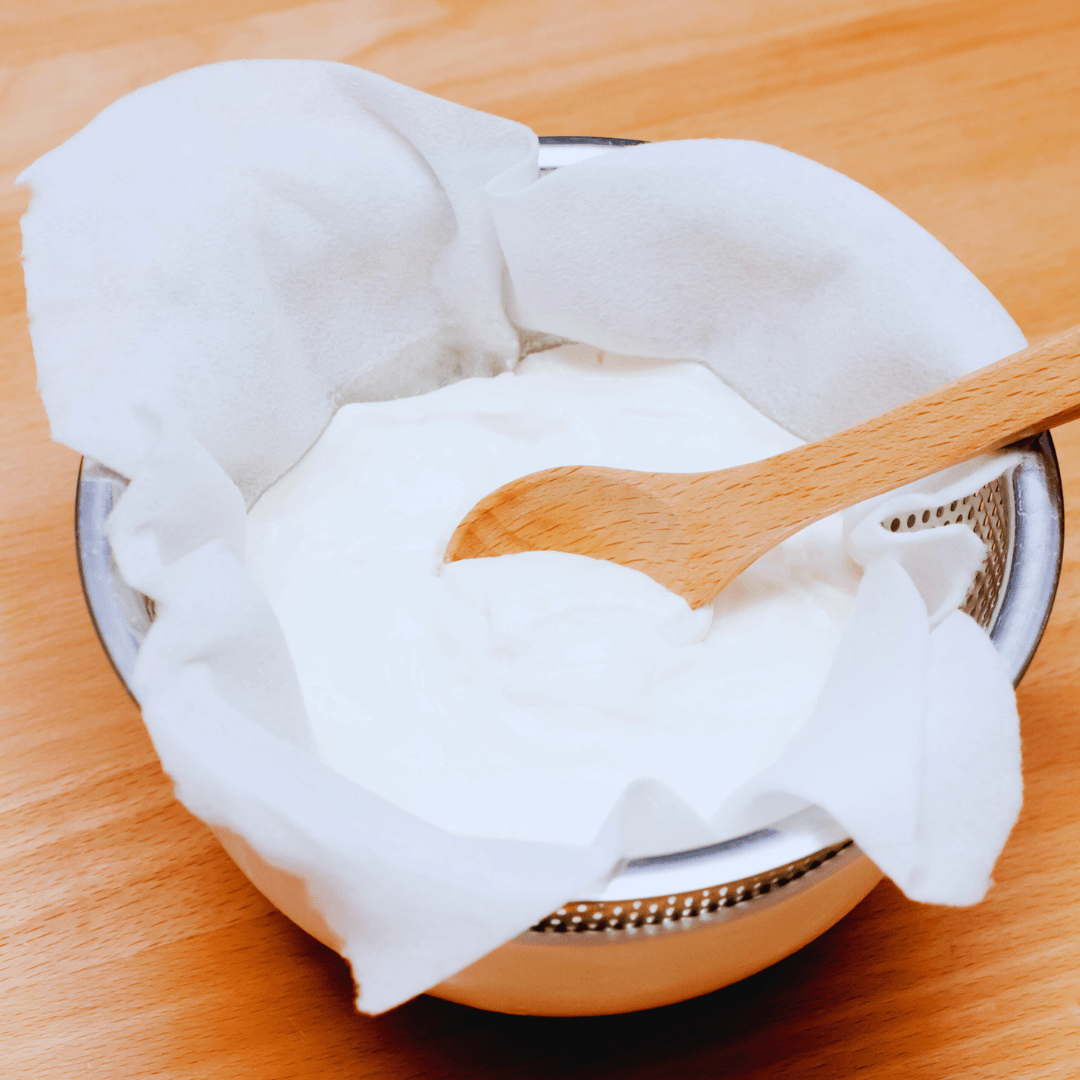
6. Fortified Plant-Based Yogurts
Fortified plant-based yogurts are convenient and delicious sources of Vitamin B12 in vegetarian diets.
They offer a creamy texture and flavourful taste while providing essential nutrients for overall health.
These dairy-free alternatives, made from plant-based ingredients such as soy, almond, or coconut, are fortified with Vitamin B12 to enhance their nutritional value.
When selecting plant-based yogurts, consumers should look for brands explicitly mentioning B12 fortification on the label.
This ensures that the product contains added Vitamin B12, providing an essential nutrient for overall health.
Incorporating fortified plant-based yogurts into your breakfast or snacks offers a simple way to boost B12 intake while enjoying the creamy texture and flavourful taste.
Whether enjoyed on its own, mixed with granola or fruit, or used as a base for smoothies and parfaits, fortified plant-based yogurt provides a versatile option for vegetarians seeking to meet their nutritional needs.
However, it's important to ensure that the yogurt is part of a balanced diet that includes other sources of Vitamin B12 to maintain optimal health and well-being.
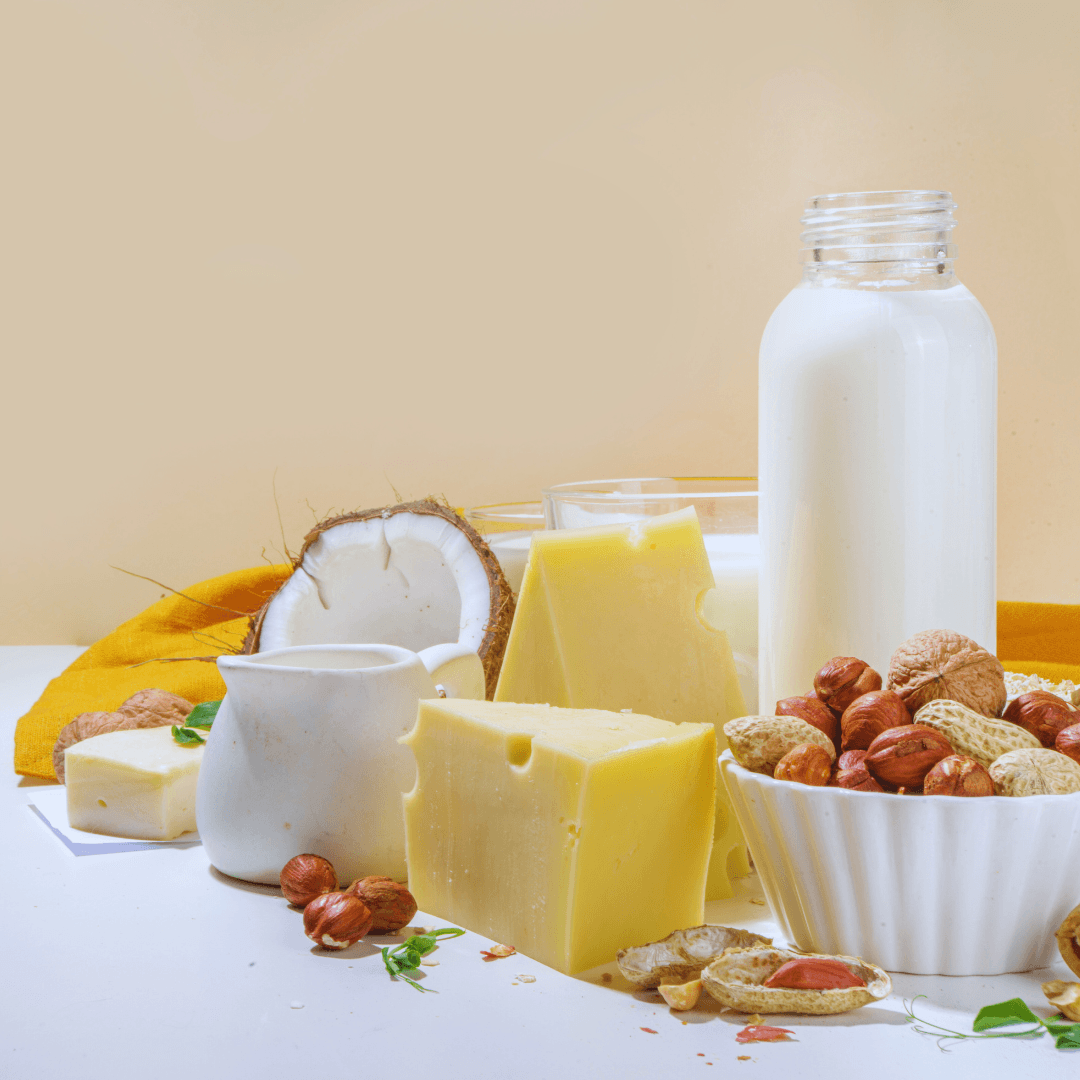
7. Fortified Plant-Based Cheese Alternatives
Fortified plant-based cheese alternatives serve as convenient and tasty sources of Vitamin B12 in vegetarian diets, providing essential nutrients while enhancing flavour and texture in dishes.
These dairy-free cheese alternatives, made from nuts, soy, or coconut ingredients, are fortified with Vitamin B12 to enhance their nutritional value.
When selecting plant-based cheese alternatives, consumers should carefully check the packaging for information regarding B12 fortification.
Look for labels mentioning added Vitamin B12 to ensure the product meets your dietary needs. Incorporating fortified plant-based cheese alternatives into your meals provides a versatile option for boosting B12 intake while adding flavour and texture to dishes.
Whether used as toppings on pizzas, sandwiches, or salads or incorporated as ingredients in recipes like pasta dishes or casseroles, fortified plant-based cheese alternatives offer a tasty and convenient way to meet nutritional requirements.
However, ensuring that these cheese alternatives are part of a balanced diet that includes other sources of Vitamin B12 to maintain overall health and well-being is essential.
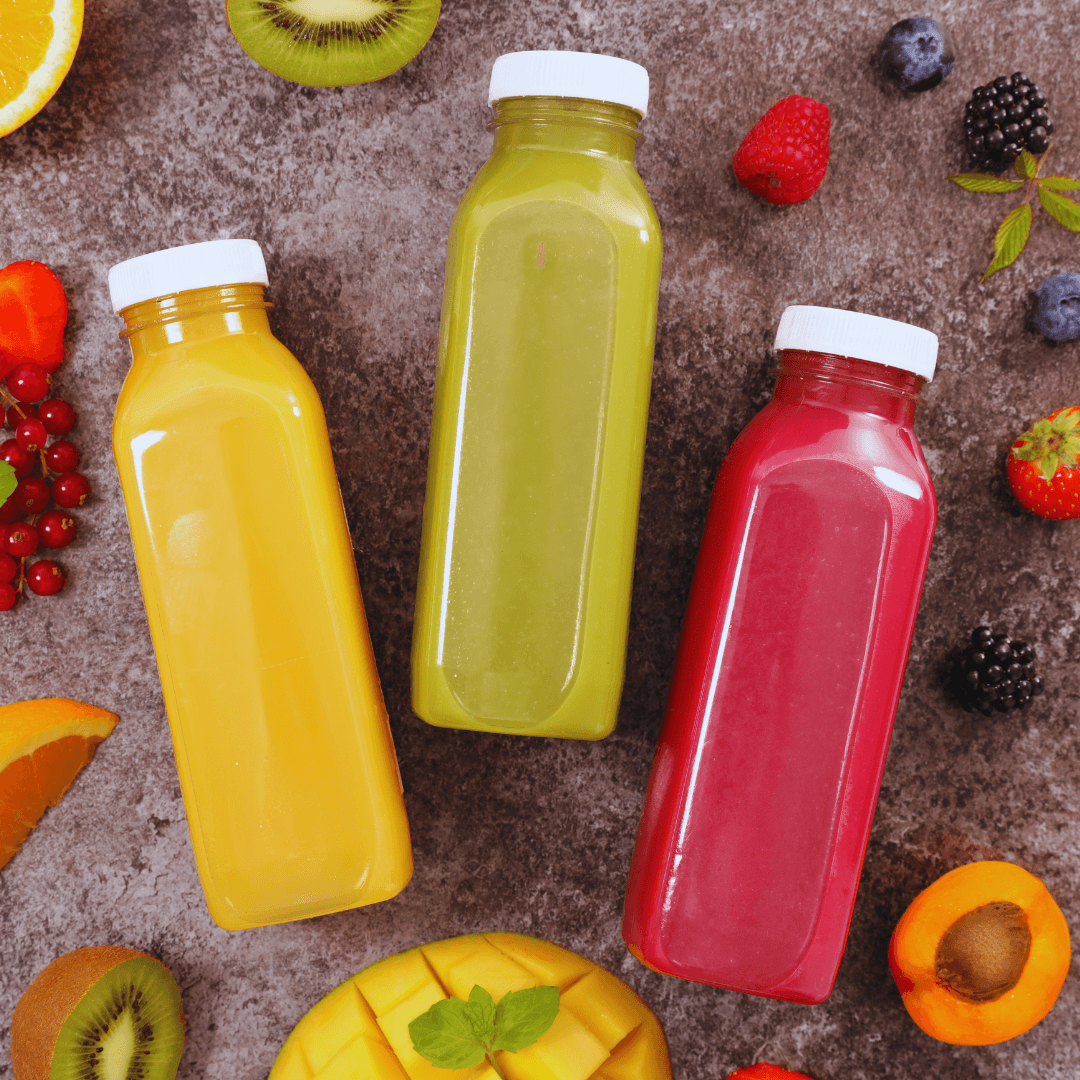
8. Fortified Plant-Based Beverages
Fortified plant-based beverages serve as alternative sources of Vitamin B12 in vegetarian diets, providing essential nutrients alongside various plant-based ingredients.
These beverages, made from various plant-based ingredients, are fortified with Vitamin B12 to enhance their nutritional value.
When selecting plant-based beverages, consumers should carefully examine the packaging for information regarding B12 fortification.
Look for labels mentioning added Vitamin B12 to ensure the product meets your dietary needs.
Incorporating fortified plant-based beverages into your daily choices provides a convenient way to boost B12 intake while enjoying refreshing flavours.
Whether enjoyed on their own, mixed with smoothies, or used as a cocktail base, fortified plant-based beverages offer a versatile option for meeting nutritional requirements.
However, it's essential to ensure that these beverages are part of a balanced diet that includes other sources of Vitamin B12 to maintain overall health and well-being.
FAQ
1. Why vegans need to focus on protein?
Answer: Vegans must focus on protein to meet their daily requirements and maintain optimal health.
Protein is essential for muscle repair, growth, immune function, and hormone production. Since many traditional protein sources are animal-based, vegans must carefully select plant-based protein sources such as legumes, tofu, tempeh, nuts, seeds, and grains to obtain all essential amino acids.
By prioritizing protein intake, vegans can support their overall well-being and thrive on a plant-based diet.
2. Do vegans need protein supplements?
Answer: While many vegans can meet their protein needs through a well-planned diet rich in plant-based protein sources, some may use protein supplements to ensure adequate intake, especially if they have higher protein requirements or struggle to meet their needs through food alone.
For athletes or others with specific medical issues, protein supplements might be convenient and assist in satisfying their increased protein needs.
Seeking advice from a nutritionist is advised before beginning any supplement regimen. Supplements should, however, support a well-balanced diet rather than replace complete food sources.
Conclusion
In wrapping up, it's clear that vitamin B12 deficiency is a key concern for vegetarians due to its primarily animal-based sources.
However, vegetarians can easily bridge this gap by being mindful of their diet and possibly incorporating fortified foods or supplements.
This understanding allows people to make necessary informed decisions, ensuring they enjoy the full benefits of a vegetarian lifestyle without compromising their health.
So, to all the vegetarians, keep nourishing your body and embracing a vibrant, plant-based way of living!
I trust you enjoyed this article about Vegetarians And Vitamin B12 Deficiency. Please stay tuned for more blog posts soon. Take care!
JeannetteZ
>>>Please click here to read my Vegan Travel Guides To World Destinations<<<
>>>Want To Learn How To Create Delicious, Cruelty-Free, Healthy AND 100% Vegan Meals? Try These Awesome Vegan Cooking Courses With A Free 7-DAY MEMBERSHIP<<<
Your Opinion Is Important To Me
Do you have thoughts, ideas, or questions? I would love to hear from you. Please leave me your questions, experiences, and remarks about the Vegetarians And Vitamin B12 Deficiency article in the comments section below. You can also reach me by email at Jeannette@LivingTheVeganLifestyle.org.
Disclosure
This post may contain affiliate links. I earn from qualifying purchases as an Amazon Associate and other affiliate programs. Please read my full disclosure.
Here are links to some of my favourite articles:
Vegan Diet And Vitamin B12 Deficiency
Unlocking The Power Of Vegan Vitamin A
Best Vegan Food Sources Of Vitamin D

